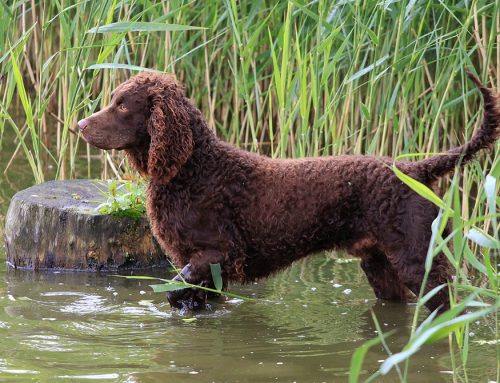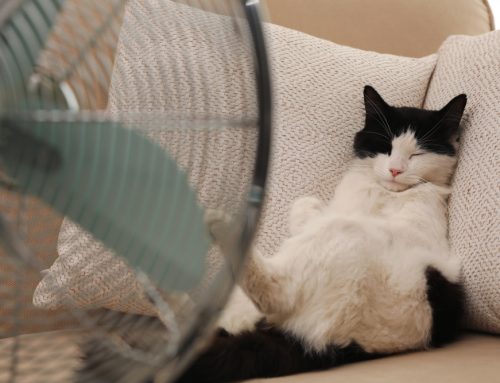As the weather is warming up here in the South, we are all anxious to get out and reconnect with our local parks and beaches. If you are like me, that includes bringing along your pet. Warmer temperatures have also brought out plants and animals that can impact your pet’s health, if they are allowed to interact with them, unsupervised. Raccoon families, ticks, snakes, hawks, and many other creatures are also out enjoying the weather, and we need to be respectful of their territories. Plants are emerging and with them come potential toxin exposure, if ingested. Also, plants like poison ivy can be shared across species. If your pup disturbs a patch of these plants, and rubs along your legs just afterwards, you too could be dealing with skin irritation. Some other toxic spring plants to be aware of are true lilies (for cats), azaleas, oleander, sago palms, daffodils, and other spring bulbs.
For a more complete list of seasonal hazards, visit the Pet Poison Helpline.
Next week, we will dive deeper into these potentially harmful plants, and common household toxins. For today, however, I want to discuss outings with your fur babies and being prepared for a fun day, with a little planning ahead. I’ve put together some tips to help make your next outing safe and fun for you and your pet!
- When possible, bring your own water bowl or dish. You can even bring your own water source! Some places have communal drinking areas, which can expose pets to diseases or viruses, left by other pets, on the dish. The water itself can also be unsanitary. Things like Giardia, algal/fungal species, and Leptospirosis can be present in ponds and puddles your pet may choose to drink from.
- Make sure your pet is up to date on easily transmitted air borne diseases, such as Bordetella (Kennel Cough) and Canine Influenza (H3N8 or H3N2). A dog may have sniffed around, or sneezed on, a log and moved on, but if another dog comes along and sniffs at that same spot, transmission of disease is possible.
- Remember leash laws- they are in place to protect you and your pet. Dog or cat fights can lead to severe injury, infection, or even death in some cases. Please be respectful of others, and check beach laws for leash restrictions as well: Sullivan’s Island and Isle of Palms
- DNR wants pet parents to keep their dogs from running into and dispersing shore birds on our beaches, as this can be disruptive to their feeding and reproduction habits.
- Rabies tags and/or certificate are from a pet vet often needed, or special beach tags/registry may be required, before heading out to your local surf. Please check each town website before visiting their beach to be certain you’re in compliance with their laws – otherwise, you may be fined!
- When out walking your pet, watch for garbage, or other yucky items, your pet may try to gobble up. Oyster shells, deceased rodents, chicken wings, garbage, and antifreeze can all appear delicious (for some reason) to our fur babies, but can make them very sick if ingested! Beware!
- Car travel is no fun if your pet gets car sick, or has anxiety! Be sure to make frequent stops to walk around and give adequate potty breaks! Ask our team about Cerenia tablets or Zylkene to ease their road trip illnesses at your pet’s next vet visit.






